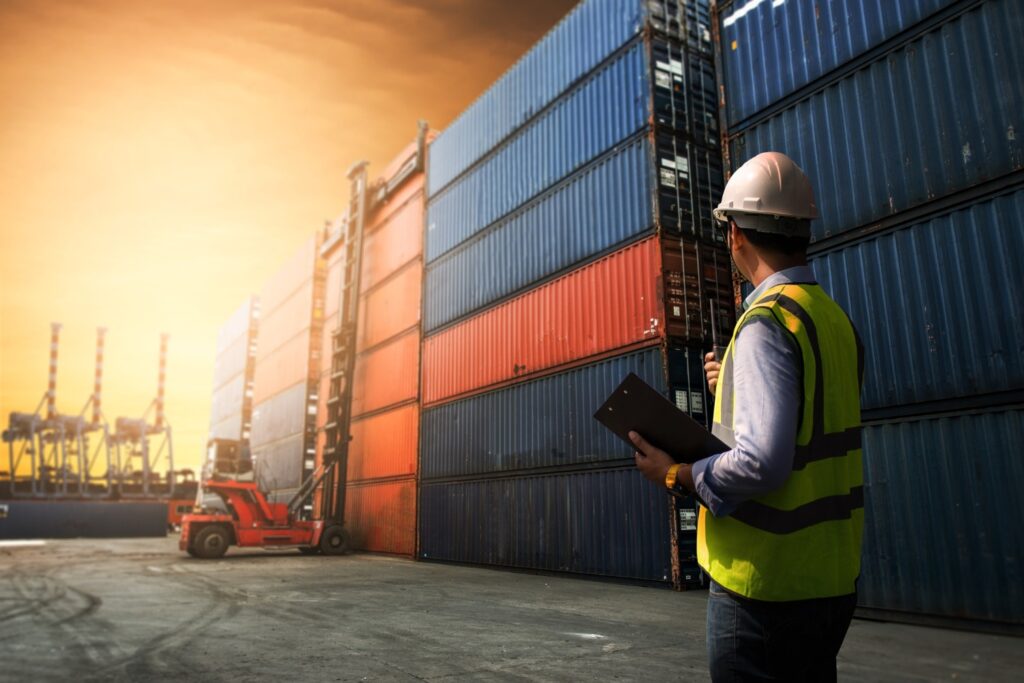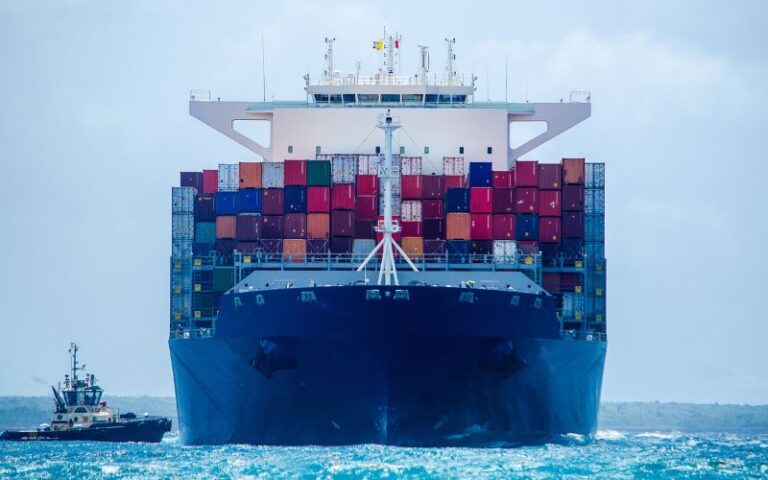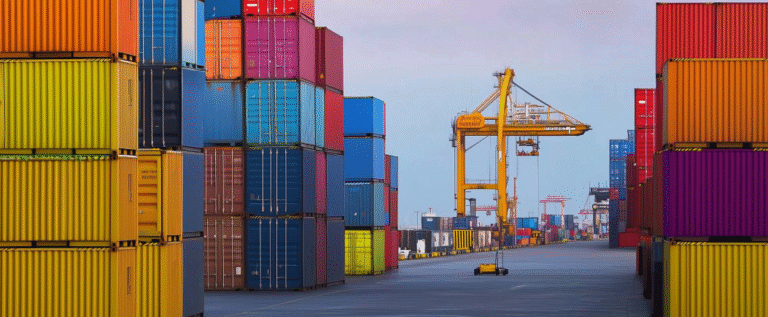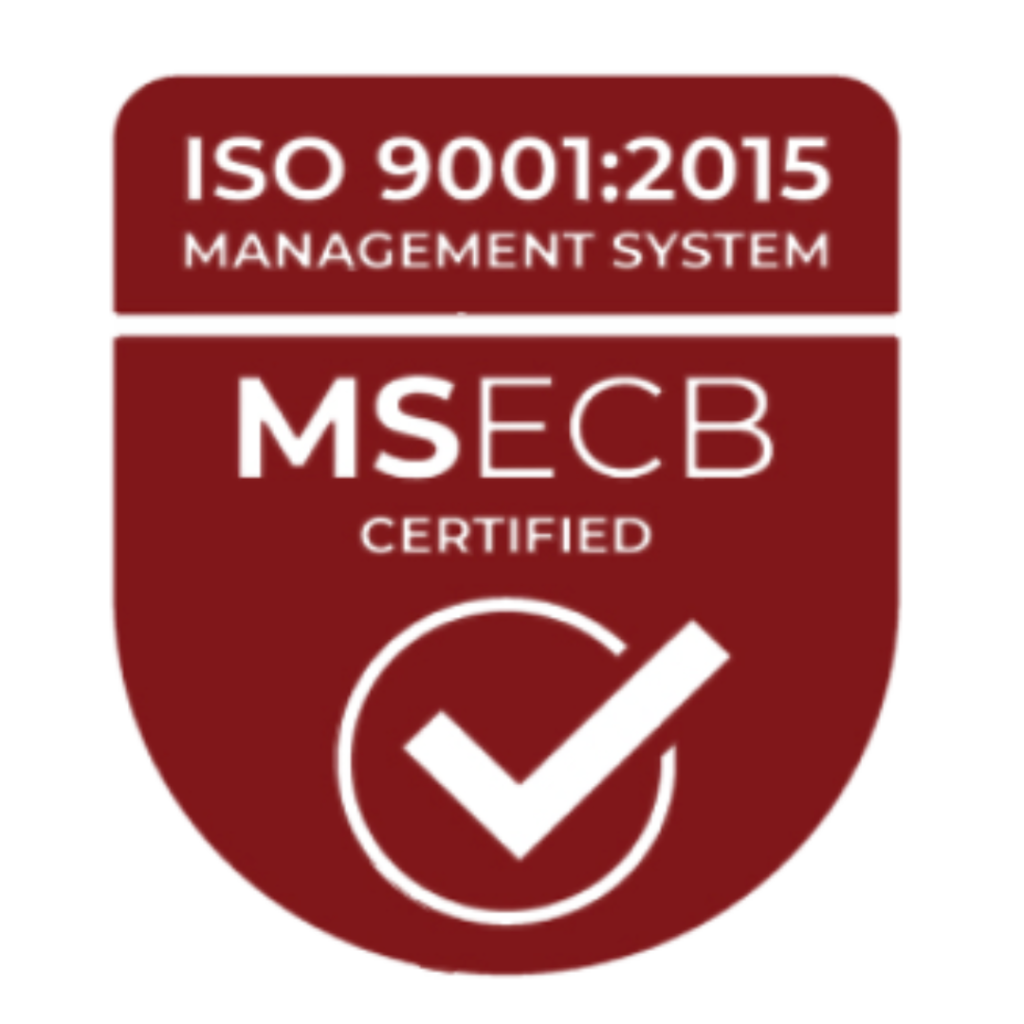Port agents, also known as shipping agents, play a vital role in connecting port authorities and ship operators. Whether a vessel docks at a secure harbor or an offshore terminal, a reliable local agent is essential for ensuring a smooth sailing experience. These agents shoulder a multitude of critical responsibilities, keeping expeditions on track, within budget, and on course.
From the customs forms filing to emergency assistance, ship agencies carry the logistic regulatory responsibility that otherwise diverts the focus from the master or ship owner. Their behind-the-scenes work frequently means the difference between smooth port calls and costly delays.
The following are the standard shipping agencies’ services that a ship owner should be familiar with.
1. Port Entry and Berthing Arrangements
One of the significant jobs of a shipping agency is manning the ship’s entry into port, a business that requires highly specialized coordination, preplanning, and real-time communication with port interests. A pre-arrival advisory for notifying the authorities about the arrival of the ship (ETA), nature of cargo, draft, and other salient specifications is initiated for a ship even before arrival.
The agent confirms the ship’s arrival and then starts organizing the berthing windows so he may berth the ship according to its size, cargo, and operational requirements. To have a safe approach to berthing, they bargain with the tugboat operators, harbor master, port control, and pilotage service. Coordination saves ship idle time and prevents expensive delay, especially in busy ports where berth allocation is highly competitive.
Agents also look for geographical constraints like tidal restrictions, convergence of ship flows, and berth availability, and pre-arrange for demurrage or penalty for a late arrival. In case of any change at the eleventh hour, like bad weather or traffic congestion, the shipping agent informs all concerned and re-auctions berthing accordingly.
With effective management of these logistics, shipping agencies enable ships to safely moor at intervals in good time for the handling of cargo and mitigating threats resulting from delays in schedules. This service is quite significant at new ports where the regional policies and harbor customs may be complicated or ambiguous.
2. Documentation & Customs Clearance
Documentation is one of the pillars of a seamless port operation, and shipping agents have all the paperwork required for a vessel’s clearance in their custody. Incorrect, incomplete, and tardy paperwork can hold up port entry or even deny it outright.
Shipping agencies take care of the preparation and forwarding of all documents needed, i.e.:
- Cargo manifests stating the quantity and type of cargo on board
- Bills of lading as statutory evidence of custodianship and carriage of cargo
- Migration and health Screening crew lists
- Customs declarations for tax assessment and regulatory approval
- Port health certificates verifying compliance with sanitation and safety standards
Aside from gathering and finalizing this paperwork, agents directly approach customs officials, immigration officials, and port health officials to ensure quick approval. They thoroughly establish any inconsistencies, rectify errors, and re-register documents if there are changes. Their very acclimatization to domestic legislation helps them spot potential red flags and take preventive action even before such start causing problems.
It’s not only necessary for shipping movement but also for cargo activity, crew disembarkation, and service provision. Detention is costly in the event of documentation delays or missed delivery schedules, or even failure of the contract. Through careful handling of documents and customs clearance, shipping agents safeguard shipowners from fines, operational delays, and legal hassles, making the ship’s port call compliant, efficient, and incident-free.
3. Cargo Operations and Terminal Coordination
Offloading and onloading of cargo is managed by agents with the help of terminal terminals and stevedores. Their supervision ensures:
- Smooth loading/unloading
- Minimum cargo damage
- On-time cargo survey booking
- Transparent cargo reporting
Handling port equipment rentals (e.g., forklifts or cranes) and organizing for cargo surveys keeps things humming along efficiently without producing costly errors or chokepoints.
4. Crew Support, Shore Passes & Medical Assistance
This is of serious concern to the ship crew’s well-being on port calls. Agents arrange:
- Sign-on/sign-off (crew changes)
- Shore passes and visas
- Consultations médicales et transport hospitalier
- Repatriation and reception
- Provisions, bonded outlets, and spare parts delivery
The agents also monitor local laws of immigration in order for all personnel to honor the conditions of visas, quarantines, and additional protocols of law.
5. Ship Husbandry Services
Husbandry support consists of all that is required to maintain a vessel and its men in good shape while in port. Services would normally comprise:
- Bunker and water supply
- Waste and sludge disposal
- Engine overhaul and testing
- Diving activities
- Hull washing
By coordinating with approved service providers, agents guarantee that ships run within environmental regulation compliance and are seaworthy for the subsequent voyage segment.
6. Financial Management & Disbursement Accounts
A transparent financial structure is essential in gaining confidence from shipowners. Agents keep both Pro Forma Disbursement Accounts (PDA) and Final Disbursement Accounts (FDA) for the sake of covering:
- Port charges
- Tug and pilot services
- Crew assistance fee
- Logistics and administrative charges
PDA is usually pre-approved for authorisation before an estimate of cost, helping shipowners. The FDA, submitted on forwarding, is made up of invoices and receipts for the total spent cost.
7. Centralized Communication & Daily Reporting
Ship agents provide a focal point for contact for communication between:
- Ship masters
- Shipowners and ship operators
- Charterer
- Port employees and terminal employees
They provide real-time reports on weather conditions, berthing, equipment operation, and customs clearance. This enables the stakeholders to take informed decisions, minimize miscommunication, and monitor operations on a real-time basis.
8. Legal Compliance & Regulatory Navigations
Shippers’ associations keep abreast of changing laws, like:
- SOLAS (Safety of Life at Sea)
- MARPOL (Marine Pollution)
- ISPS Code (International Ship and Port Facility Security)
- Ballast Water Treatment
They additionally provide onboard inspection assistance, together with documentation needed for port state control or vetting procedures. Their daily expertise also keeps the operators compliant and detentions costly.
9. Emergency Response & Incident Coordination
In emergency cases like oil spills, crew accidents, detention of the ship, or fire, the agents immediately implement prompt measures for damage control and precautionary purposes. They maintain contact with:
- Community emergency services
- Marine insurers and surveyors
- Port police authorities and court authorities
- Salvage work or towing services
It is a requirement for keeping boats legally current and off downtime.
10. Professional Services
Based on the scale of operations, shipping agencies can also provide:
- Liner Agency Services: Scheduling container lines with continuous documentation, booking, and cargo control.
- Protective Agency Services: Guarding the interests of the charterers or the cargo owners during the discharging or loading of the cargo.
- Husbandry-Only Services: Crew and ship welfare services only, irrespective of documentation or cargo.
Operators can select services better tailored for the type of cargo, voyage complexity, and port familiarity for a more tailored and efficient port visit.
Why You Can’t Skip These Services
Shipping agency services are quite imperative for:
- Reducing Operational Lag: Through appropriate coordination with terminals and local authorities.
- Improving Financial Control: By safe and ‘open’ cash accounts.
- Improving Compliance: By keeping ships within the limits of the international and native maritime law.
- Crew Welfare Protection: Promoting humane and effective treatment of crew, particularly on longer routes.
- Emergency Preparedness: Providing prompt, credible solutions for emergency needs.
These services free ship crews and operators from navigation information and commerce purposes, instead of being absorbed with port ceremonies.
Why Choose WOLID International Ltd?
Wolid International Ltd is more than a ship agency; we are your reliable in-port operations partner in Nigeria and across West Africa. Why Wolid?
- Nigerian & West African Ports Experience: Local knowledge augmented with strong government relationships allows us to successfully pilot ships even at the most difficult harbors.
- Total-Spectrum Shipping Solutions: Berthing arrangements through to bunkering, waste management, to cargo tracking, we ensure nothing falls between the gaps.
- 24/7 Crew Assistance & Emergency Response: We stay on stand-by 24/7 for emergency cases, medical assistance, repatriation, or any unexpected incidents.
- Clear Disbursement Process: We offer transparent PDAs and FDAs with no concealed charges.
- Relationship-Based Dedicated Management: Our personnel forge lasting relationships between owners and between charterers, also with bespoke solutions for every call.
Whether you own tankers, bulk ships, or container ships, Wolid International Ltd offers you professionalism, efficiency, and tranquility. Permit us to bear the port-side pressure while you can concentrate on the open seas.
Conclusion
Understanding and leveraging the full spectrum of shipping agency services is crucial for ship operators seeking smooth, compliant, and cost-effective operations. Shipping agents provide vital operational support for port calls, handling everything from paperwork and cargo management to crew support and emergency response.
In today’s complex maritime landscape, a reliable partner agency can make all the difference between success and setbacks. Partner with Wolid International Ltd today and experience unparalleled efficiency and professionalism across all West African ports.
Phone: +234 803 456 7890
Email: info@wolidinternational.com
Website: www.wolidinternational.com





